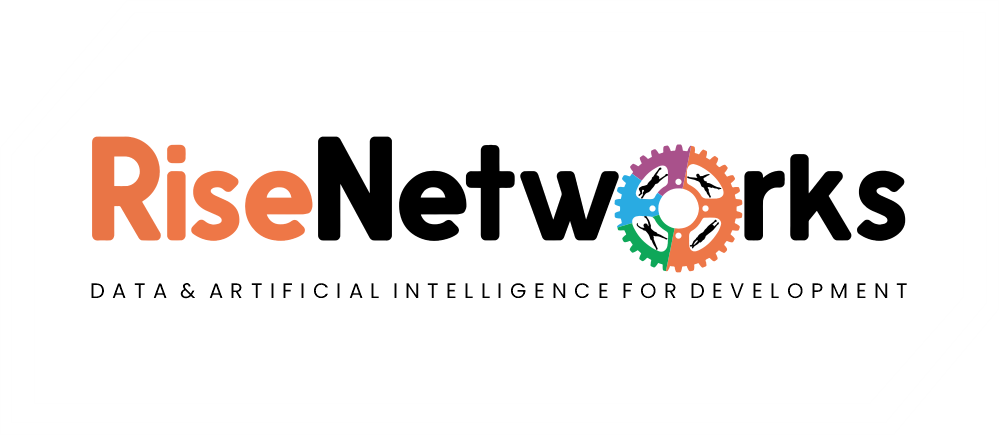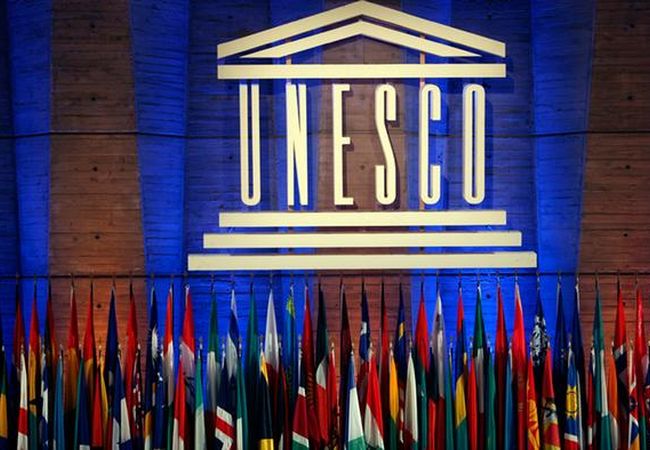
Deadline: 11th May 2018 (midnight, Paris time).
The UNESCO Prize for Girls’ and Women’s Education honours outstanding and innovative contributions made by individuals, institutions and organizations to advance girls’ and women’s education. It is the first UNESCO Prize of this nature and is unique in showcasing successful projects that improve and promote the educational prospects of girls and women and in turn, the quality of their lives. Funded by the Government of the People’s Republic of China, the Prize is conferred annually to two laureates and consists of an award of USD 50,000 each to help further their work in the area of girls’ and women’s education. The Director-General of UNESCO awarded the Prize for the first time in 2016. Established by UNESCO’s Executive Board, the Prize directly contributes to the attainment of the 2030 Sustainable Development agenda, particularly SDG goals 4 on education and 5 on gender equality. It also supports UNESCO’s global priorities included in the Medium-term Strategy 2014-2021 and the Gender Equality Action Plan 2014-2021 (GEAP II). Governments of UNESCO Member States and non-governmental organizations (NGOs) in official partnership with UNESCO are now invited to nominate up to three individuals, institutions or organizations who have made outstanding contributions in favour of girls’ and women’s education.
ELIGIBILITY:
Impact
The project/programme’s impact should be qualitatively and/or quantitatively measureable, and deliver tangible results relative to the invested resources. This can include demonstrable changes in: (1) attitudes, beliefs and practices toward gender equality; (2) girls’ educational participation, attendance, completion and learning outcomes; and/or (3) other relevant parameters to advance girls’ and women’s education.
Innovation
The project/programme is stimulating, and/or drawing on, innovative practices advancing girls’ and women’s education. This includes new ways of working and transformative “out-of-the-box” thinking and actions. The project/programme can demonstrate innovation in terms of: (1) the themes covered; (2) the methodology employed; (3) the channels used to create change for girls and women; and/or (4) other aspects.
Sustainability
The project/programme has taken steps, ideally from its design or implementation phases, to ensure it will have a lasting impact beyond the project lifecycle. This may include efforts to ensure the: (1) continuation of local action; (2) institutionalization of project components; and (3) generation of further initiatives.
Nominated projects/programmes must meet the selection criteria set by the Prize. They must also have been running for at least two years, show potential to be replicable and scalable, and contribute to one or more of the five priority areas of the Prize. Self-nominations are not accepted. Interested candidates should contact the National Commission for UNESCO of their country, or an NGO in official partnership with UNESCO.
For More Information click HERE

